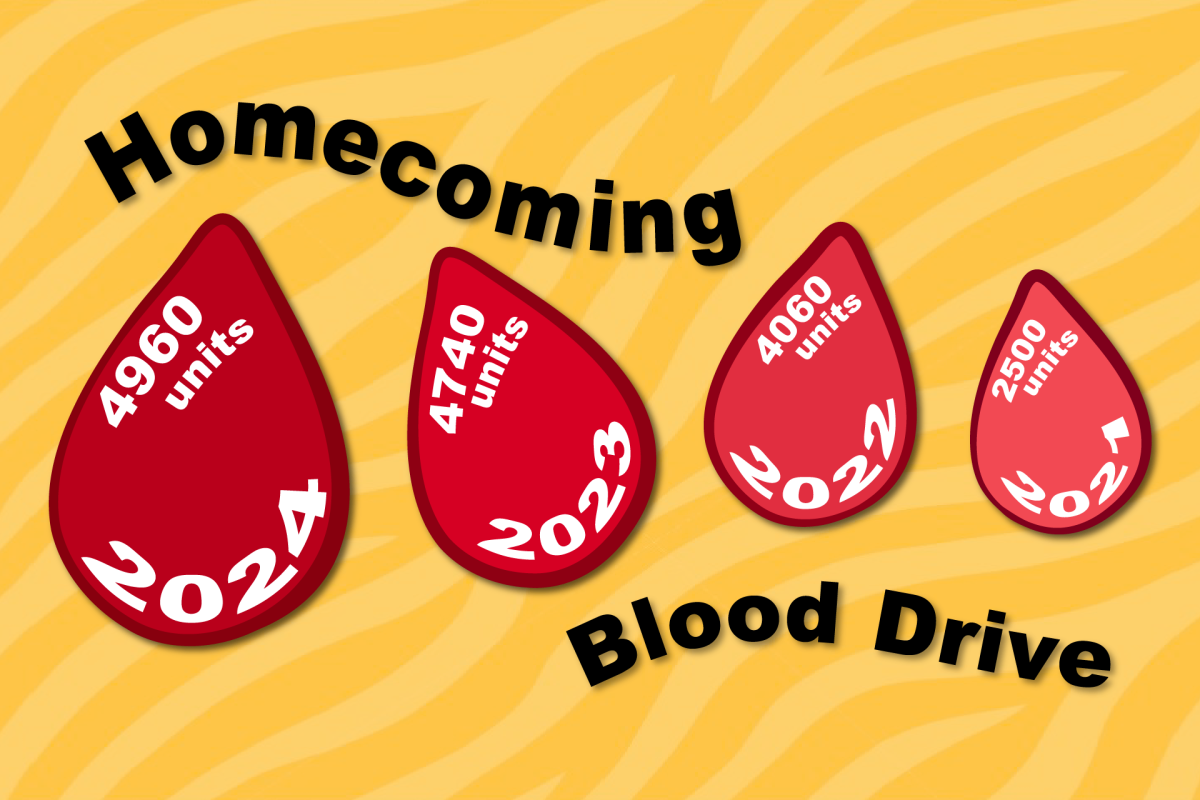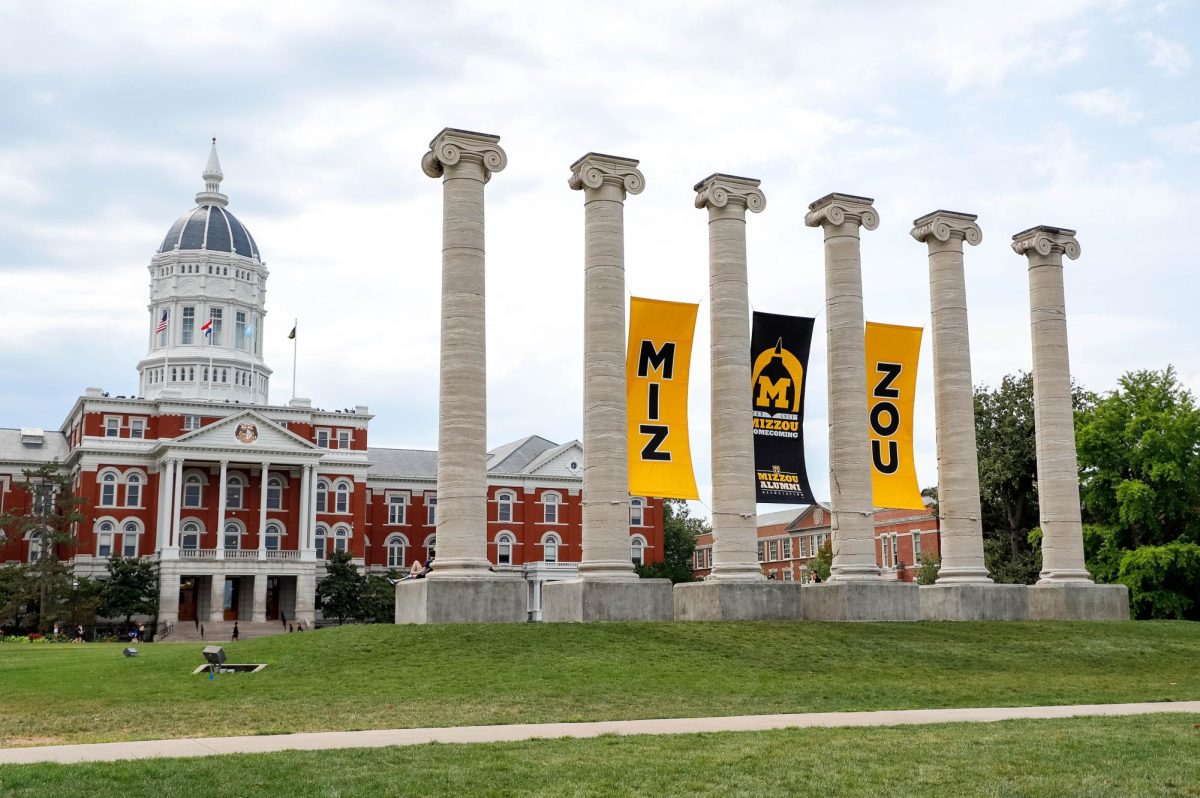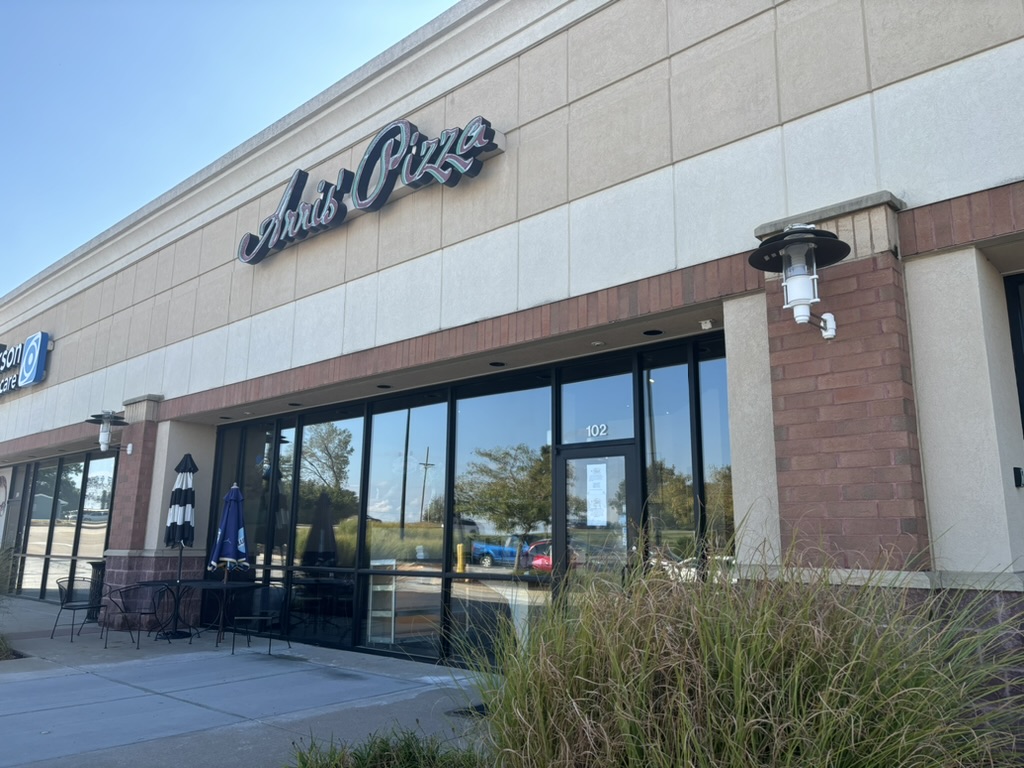The UM System Board of Curators reconvened Friday morning to discuss university leadership and alternative forms of revenue.
####President’s report
UM System President Tim Wolfe presented a report on how the UM System is moving from “good” to “great.”
Wolfe emphasized the importance of leadership, innovation and creativity. He talked about the leadership abilities of the four chancellors in the UM System and how they have been working to improve their individual campuses.
One of the leadership initiatives Wolfe pointed to included Chancellor R. Bowen Loftin’s work on securing joint funding for research at the Bond Life Science Center. Wolfe also commended University of Missouri-St. Louis Chancellor Thomas George for maintaining a peaceful atmosphere on campus and promoting open forums in light of the events in Ferguson, Missouri.
When speaking about his long-term goal, Wolfe said he wants to eventually allow more qualified students to have access to resources on UM System campuses.
Wolfe said his goal is to allow students with a 3.0 GPA to get into any college in Missouri, and receive a full ride scholarship to any college in Missouri with a 3.7 GPA. He wants to set the precedent by starting this in the UM System.
“(I’m) making a promise to every family and every student in the state,” he said. “I believe that future is a reality.”
####Board chair report
Chairman Don Downing addressed fundraising, alternative forms of revenue for the system and how the money is spent.
Downing said repair and renovation costs make up the largest portion of system spending. He said there have been 25 new projects, which have doubled the amount of money spent from $800 million to $1.6 million this past year.
Downing said due to declining state support, finding alternative funding has become more essential than ever.
UMSL and [MU have fundraised a record amount this past year](https://www.themaneater.com/stories/2014/7/8/mu-announces-record-year-fundraising/). Downing said he would like the annual average alumni donation of $600 to $1,100.
Downing said he believes the UM System could raise an additional $14 million if every alumni donated about $500 more.
Downing said one alternative form of revenue includes E-learning. He said the UM System leads the country in providing for students who cannot take traditional classes while still generating revenue.
Downing also discussed public and private partnerships with businesses, receiving support from businesses, even if those entrepreneurs did not attend any of the UM System universities.
####Retiring board members
Three curators officially retired on Friday after serving on the board for six years.
David Bradley acted as the vice chairman in 2011 and served as the board chairman in 2012. He was noted for being an active and enthusiastic spokesperson, and for always keeping conversation between the board and the alumni.
Wayne Goode served as vice chairman in 2012 and chairman in 2013.
Secretary of the Board of Curators Cindy Harmon said Goode was a proponent for increased research, intellectual property and efficient processes across the UM System.
“I think it’s important that all members try to look for things that aren’t normally brought to us,” Goode said. “Look in this very complicated university system we serve and see what you can find to improve things, and make sure we’re doing everything we need to do.”
Downing, who is also retiring, was vice chairman in 2013 and served as chairman in 2014. Harmon said Downing was an important advocate of alternative revenue sources, reasonable tuition and improving faculty salaries.
####New chairman elected
The board unanimously elected Don Cupps as its chairman for 2015 and Pamela Henrickson as the vice chairwoman.
“The thing I respect about the board is that we respectfully disagree at times,” Cupps said after being elected. “We come together and make hard decisions.”
Cupps said the chairman customarily creates a theme for the year, and his theme for 2015 is the “year of the student.”
“I would like the board to challenge each institution about different issues that affect the students,” he said.













